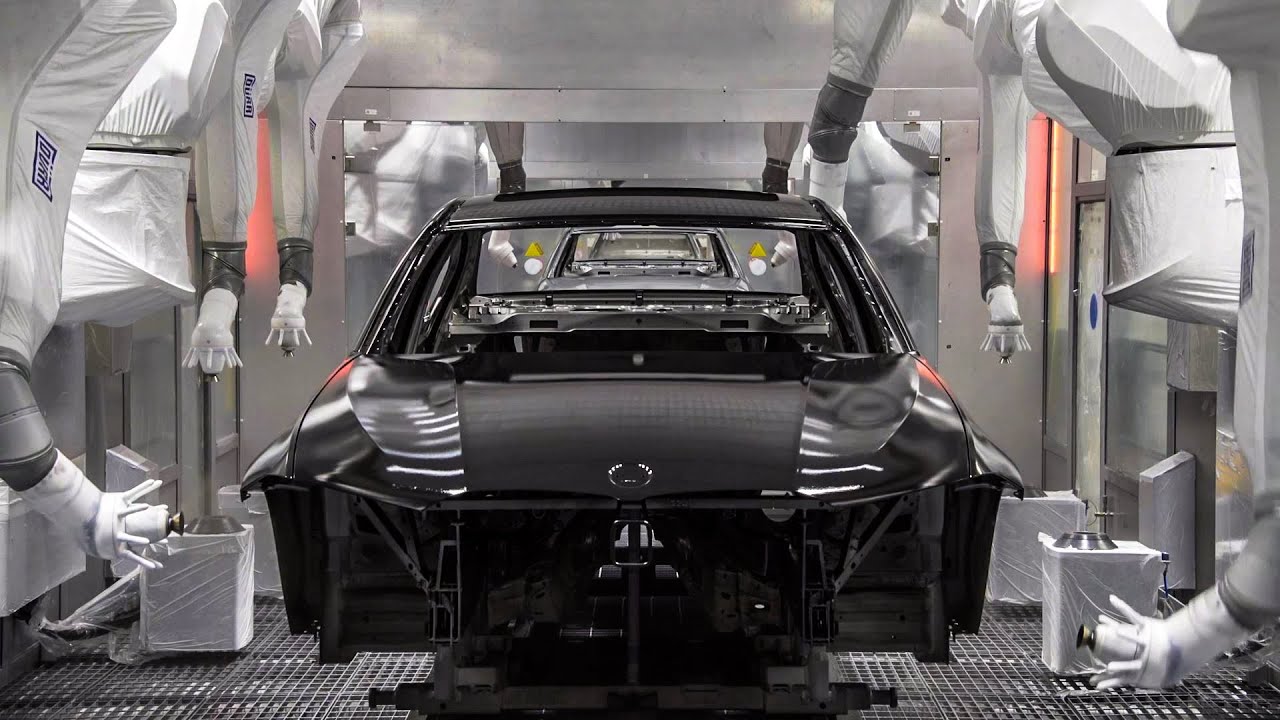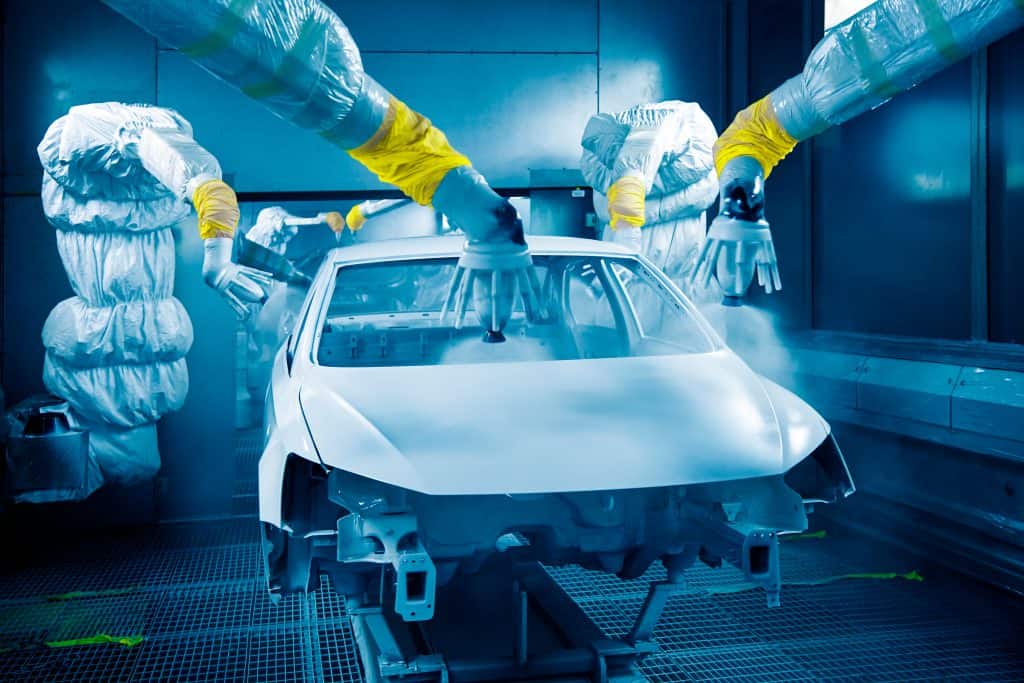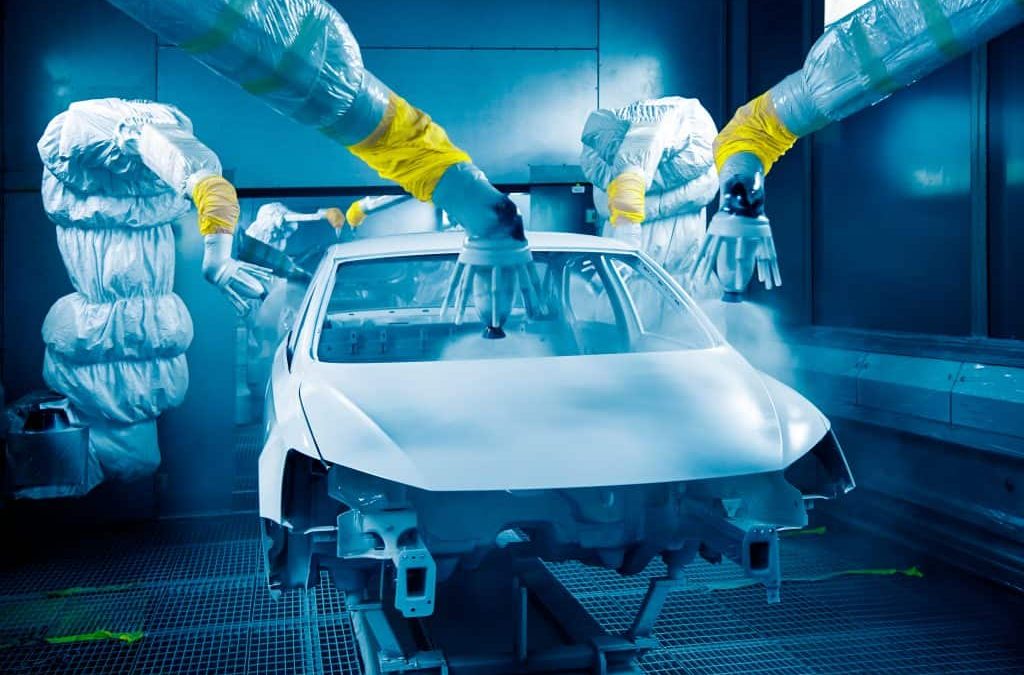Hard water spots on car paint can be frustrating and unsightly. These spots are often the result of mineral-rich water drying on the surface of your vehicle. Knowing how to remove hard water spots from car paint effectively can save you time and maintain the appearance of your car. This article will guide you through the steps and provide useful tips to get rid of these stubborn stains.

Understanding Hard Water Spots
Hard water spots occur when water containing high levels of minerals, like calcium and magnesium, dries on your car’s paint. These minerals remain after the water evaporates, leaving behind white, chalky stains. Over time, these spots can etch into the paint, making them harder to remove.
Why Hard Water Spots are a Concern
Ignoring hard water spots can lead to permanent damage to your car’s paint. They can etch into the surface, making it difficult and costly to repair. Regular maintenance and prompt removal of these spots can prevent long-term damage.
Methods to Remove Hard Water Spots from Car Paint
1. Using White Vinegar
White vinegar is a natural, acidic solution that can break down mineral deposits. Mix equal parts white vinegar and distilled water in a spray bottle. Spray the solution on the affected areas and let it sit for a few minutes. Wipe it off with a microfiber cloth.
2. Commercial Water Spot Remover
Many automotive stores sell commercial water spot removers designed to tackle hard water spots. Follow the manufacturer’s instructions carefully for the best results. These products are formulated to dissolve mineral deposits without damaging the paint.
3. Baking Soda Paste
Baking soda is a gentle abrasive that can effectively remove water spots. Create a paste by mixing baking soda with water. Apply the paste to the spots and gently rub with a soft cloth. Rinse thoroughly with water and dry.
4. Clay Bar Treatment
A clay bar is an excellent tool for removing contaminants, including hard water spots, from car paint. Lubricate the area with a clay lubricant and gently rub the clay bar over the spots. This method is effective but requires some patience.
5. Polishing Compounds
For more severe spots, a polishing compound can be used. Apply a small amount of polishing compound to a clean, soft cloth and gently rub the affected areas. This method can restore the shine and remove etched spots.
Preventing Hard Water Spots
1. Regular Washing
Regularly washing your car can help prevent the buildup of minerals that cause water spots. Use a high-quality car shampoo and soft cloth to clean your car, and ensure you dry it thoroughly after washing.
2. Using a Filtered Water Source
Using filtered or distilled water for washing your car can significantly reduce the chances of water spots. These types of water have lower mineral content, reducing the likelihood of spots forming.
3. Applying a Protective Wax
Applying a coat of wax to your car’s paint creates a protective barrier against contaminants. Wax not only makes your car shiny but also helps in repelling water and preventing hard water spots.
Professional Help for Stubborn Spots
If DIY methods don’t work, seeking professional help might be necessary. Professional car detailers have specialized tools and products to remove even the most stubborn hard water spots. They can also provide advice on maintaining your car’s paint.
Common Mistakes to Avoid
1. Ignoring Spots
One of the biggest mistakes is ignoring hard water spots. The longer they remain on the paint, the harder they are to remove.
2. Using Abrasive Materials
Avoid using abrasive materials like scouring pads or harsh chemicals that can scratch the paint or cause further damage.
3. Not Drying the Car Properly
Always dry your car thoroughly after washing. Leaving water to air dry can lead to more water spots.

Frequently Asked Questions (FAQs)
What causes hard water spots on car paint?
Hard water spots are caused by the drying of mineral-rich water on the car’s paint. The minerals remain after the water evaporates, leaving behind chalky spots.
Can I prevent hard water spots on my car?
Yes, regular washing, using filtered water, and applying a protective wax can help prevent hard water spots.
What should I do if I can’t remove hard water spots?
If DIY methods fail, seek professional help. Car detailers have specialized tools and products to remove stubborn spots.
For more information on car paint protection, visit this article.
